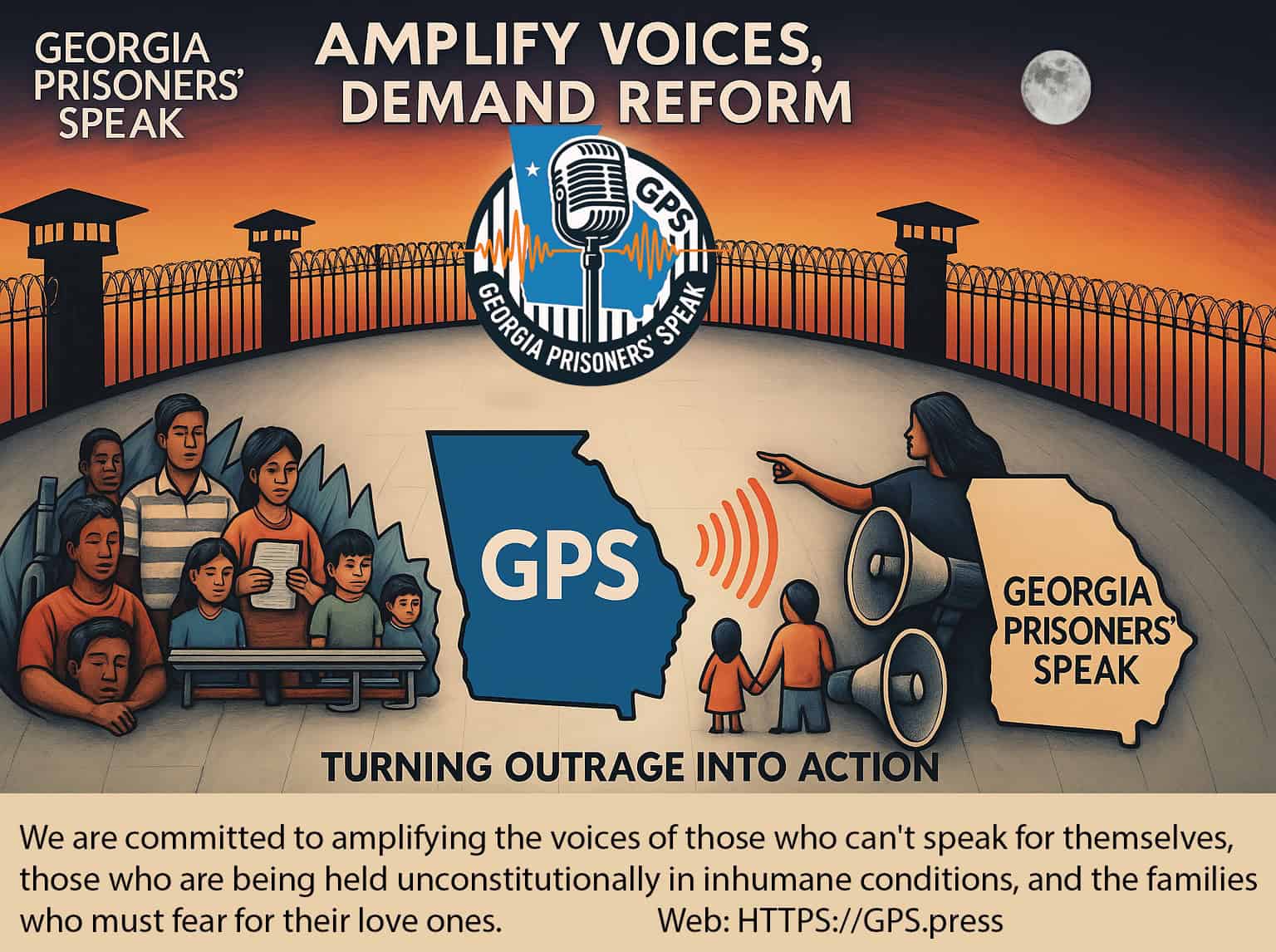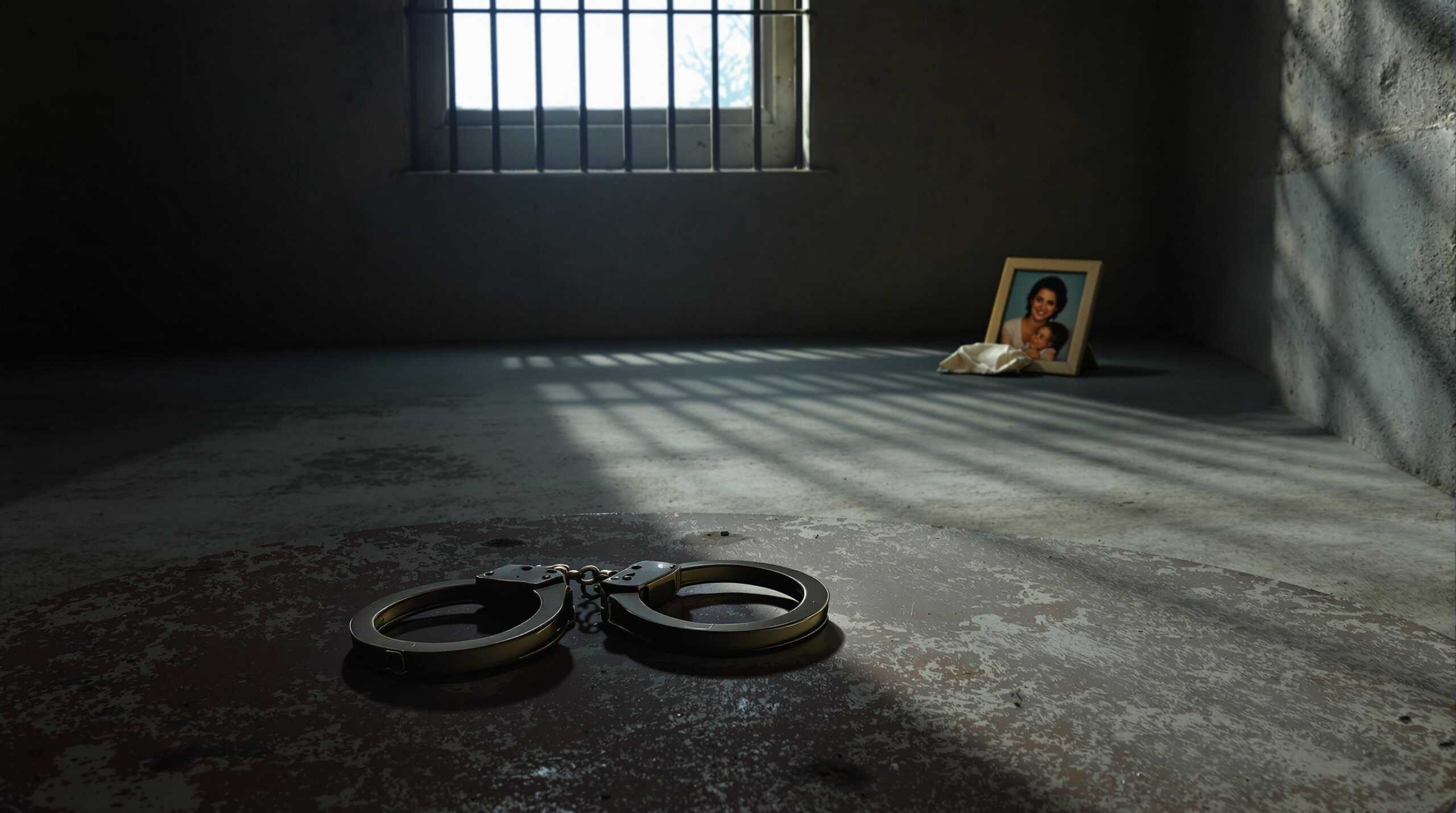Over 360 prison guards arrested for smuggling since 2018. A $7 million underground economy operates inside Georgia’s prisons. Operation Skyhawk seized 87 drones, 22 weapons, and 273 cell phones—all smuggled by staff. Private prisons cost taxpayers 10% more while delivering worse outcomes. Georgia’s prison system doesn’t just fail to rehabilitate—it actively profits from human suffering. The guards smuggle, the corporations profit, and the inmates pay with their lives. 1
The Smuggling Economy
Georgia’s prisons run on contraband:
- 360+ guards arrested—since 2018 for smuggling
- 25 employees fired—without facing charges
- $7 million seized—in Operation Skyhawk alone
- Drones deployed—sophisticated smuggling operations
The people hired to maintain security are running the black market. When guards are the smugglers, inmates have no protection from anyone.
Privatization Profits
Private prisons cost more and deliver less:
- $78.45 per inmate daily—private prisons
- $55.29 per inmate daily—state-run facilities
- 76.6% recidivism—private prison graduates within three years
- 66.8% recidivism—state prison graduates
Private prisons are paid per inmate. They profit from full beds, not successful rehabilitation. GEO Group and CoreCivic operate with profit as their primary goal—not public safety, not rehabilitation, not human dignity.
Exploitation at Every Level
Inmates and families pay for the system’s failures:
- 91% report overpriced essentials—commissary exploitation
- 82% denied medical care—treatment delayed or refused
- 76% exposed to violence—safety is an illusion
- 73% of families choose—between prison costs and basic needs
The prison system extracts money from the poorest families in the state while failing to provide basic safety or care.
The Human Cost
DOJ investigations documented the consequences:
- Widespread abuse—constitutional violations throughout the system
- Preventable deaths—inmates die from neglect
- Family devastation—generations impacted by incarceration costs
- Community harm—unprepared releases create more crime
Georgia’s prison economy thrives on suffering. Reform requires dismantling the profit motive entirely. 2
Take Action
Use Impact Justice AI to send advocacy emails demanding an end to prison profiteering in Georgia. The free tool crafts personalized messages to Georgia lawmakers—no experience required.
Demand:
- End private prison contracts in Georgia
- Accountability for guards involved in smuggling
- Regulation of commissary and communication pricing
- Independent oversight of prison finances
Further Reading
- The Black Market Inside Georgia Prisons
- Corruption Unchecked: How Mismanagement Fuels Georgia’s Prison Crisis
- GPS Informational Resources
- Pathways to Success
About Georgia Prisoners’ Speak (GPS)
Georgia Prisoners’ Speak (GPS) is a nonprofit investigative newsroom built in partnership with incarcerated reporters, families, advocates, and data analysts. Operating independently from the Georgia Department of Corrections, GPS documents the truth the state refuses to acknowledge: extreme violence, fatal medical neglect, gang-controlled dorms, collapsed staffing, fraudulent reporting practices, and unconstitutional conditions across Georgia’s prisons.
Through confidential reporting channels, secure communication, evidence verification, public-records requests, legislative research, and professional investigative standards, GPS provides the transparency the system lacks. Our mission is to expose abuses, protect incarcerated people, support families, and push Georgia toward meaningful reform based on human rights, evidence, and public accountability.
Every article is part of a larger fight — to end the silence, reveal the truth, and demand justice.

